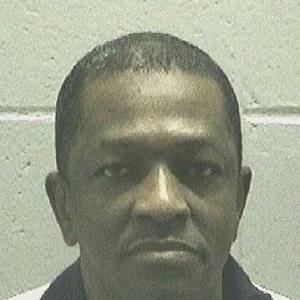One attorney’s appeal brief on behalf of a Texas death row inmate was so poorly written that State District Judge Noe Gonzalez of Edinburg wrote that “Applicant totally misinterprets what actually occurred in this case.” A committee of citizens and attorneys filed a complaint about the appellate lawyer with the State Bar of Texas, but nothing was done: the lawyer remains on the state’s list of approved death penalty attorneys, and the client remains on death row.
The problem is widespread and Judge Cheryl Johnson, a Republican on the Texas Court of Criminal Appeals, remarked, “It’s a problem. It needs to be addressed. But I don’t think there are any easy solutions to it.”
Ultimately, it is the defendant who suffers from such ineffective representation. According to an investigation by the San Antonio Express- News, “Just last month, Texas executed Justin Fuller, whose appointed lawyer filed a habeas challenge with rambling claims, glaring typos and incoherent repetitions. Another execution is scheduled in January for an inmate whose appointed lawyer filed two pages — upward of 100 is more common — that raised only one claim, and experts say it was fatally flawed.”
(Maro Robbins, San Antonio Express-News, Sept. 25, 2006). See Representation.
Arbitrariness
Jan 03, 2024




